Contents
- How can you live sustainably?
- More Green & Less Meat and Sugar
- Check Labels and Certifications
- Buy Used & Recycled
- Reuse & Repurpose: Avoid Creating Trash
- Get into Gardening
- Conserve Energy and Water
Choosing to live a sustainable life has nothing to do with how loudly you talk about your choices. A sustainable life means simplifying everything you do, own, and eat, to create a healthier environment and more longevity for your body, your world and those around you. Sustainability is not paying more for food or basic household products, because they promise a more *insert marketing buzzword here* life. If you are doing it right, you will see the benefits of sustainability in your health and body, your relationships, your community and even your bank account.
How can you live sustainably?
Living sustainably is making intelligent choices – not going without. For example, if you typically see food in your home going bad before it’s eaten, buy less food. If you find yourself driving often or for long distances, buy a more gas-efficient car. Yes – sustainability is a game changer, and thus an intimidating step to take, but there are a few things you can do daily with very little effort to make healthy and sustainable living a reality.
More Green & Less Meat and Sugar
Eating more green and avoiding sugar is often the first step people take to take on the road to a more sustainable lifestyle. Some people abandon diets after the initial “high” wears off and they start to experience a down-turn, often due to Sibo die off symptoms, where your body becomes accustomed to the recent shift and you begin to feel it plateau. Did you know that middle-aged women are almost 50% less likely to fracture a hip if they eat one serving of greens per day? It may not be as sexy as a new Vegan-fusion restaurant – but it’s a real and measurable benefit of sustainable living.
Check Labels and Certifications
There are organizations vying for the all-important sustainability-dollar everywhere, so where do you look for a respected, trustworthy label or certification that your food or products are good for you? We’ve all heard of the World Wildlife Fund – a great place to start searching for the regulatory and certification bodies with the best reputations for real sustainable living. While we wait for all the bandwagon-jumpers to fall off, look for certifications from well established organizations.
Buy Used & Recycled
We’ve all splurged on a bit of clothing that doesn’t fit quite right, or sits in the closet for years. Not only is new and shiny expensive, it’s also mass-produced and boring. There are a few things that even the most sustainably-minded person might want to purchase, like sheets or underwear, but buying antique furniture, used clothing or used cars is smart for your wallet, and smart for the earth.
Reuse & Repurpose: Avoid Creating Trash
Repurposing things from around the house takes a bit of creativity. Old egg cartons make great storage, and old or broken plates, cups or furniture can look great as garden decoration. Look on social media sites like Pinterest for ideas on how to reuse everything in your home, from old clothing being woven into holiday wreaths, to shipping pallets used as a handy pergola in your backyard.
Get into Gardening
Choose your crops wisely for your climate and needs. For example, if you don’t like corn, don’t use a section of your shady garden area for stunted stalks of a veggie you aren’t going to eat. On the other hand, herbs are resilient plants that grow with little encouragement – and look great! Dropping a few seeds in the ground around your house will not only boost your self-esteem, it’ll make you feel more one with the earth, and will give you a great opportunity to pop outside for a fresh sprig of rosemary!
Conserve Energy and Water
Conserving energy and water is great for the environment and your wallet, but did you know it’s a kindness as well? WHO and UNICEF reported that in 2017, more than 884 million people had no access to safe drinking water. Taking a quick shower isn’t going to instantly redirect your water allotment to those in need, but using less means more to go around. There’s no need to spend tens of thousands on expensive solar panels – just turn off the lights and use your AC sparingly to create less of a strain on the environment.
Some people don’t have the option of choosing to live sustainably. Many live without the modern conveniences of refrigeration or tap water. We are blessed to be in a position to choose a sustainable lifestyle instead of being forced into it by necessity – and that makes it your responsibility to live a healthy and sustainable lifestyle for the betterment of our bodies, our families, our neighbours and the world.


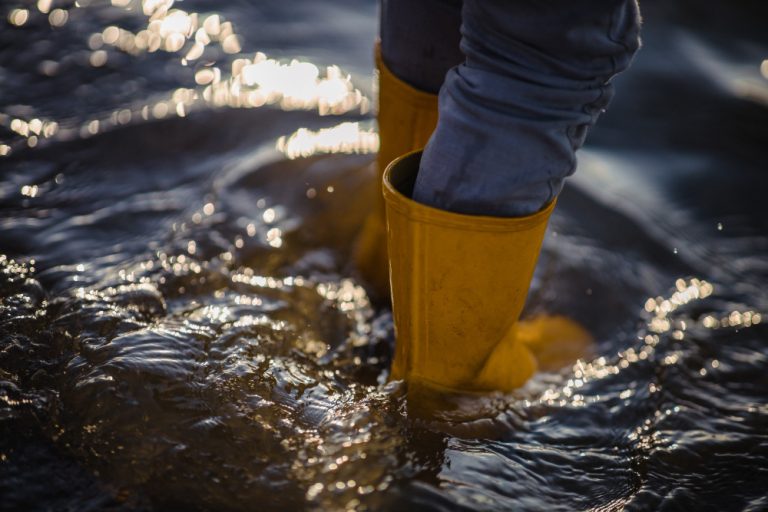
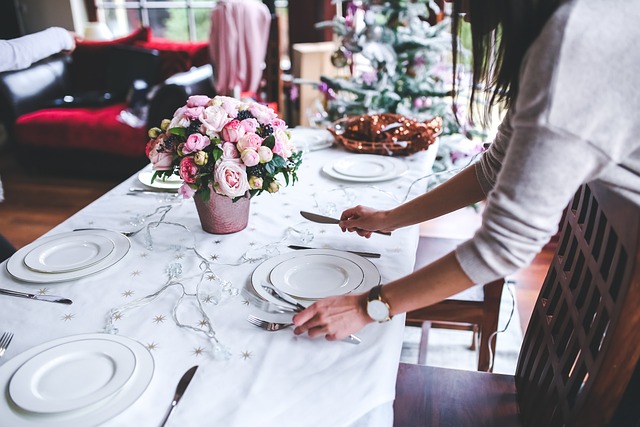
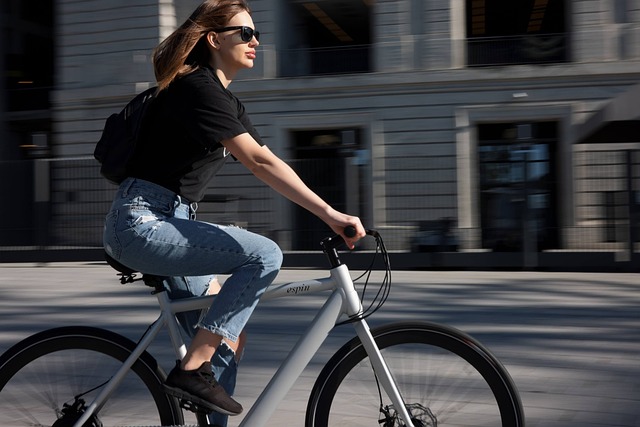




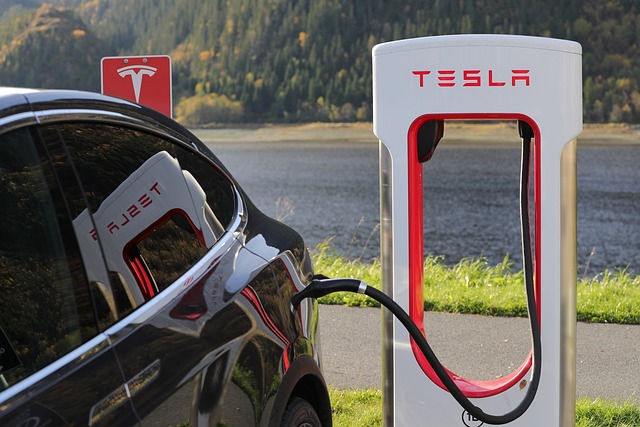




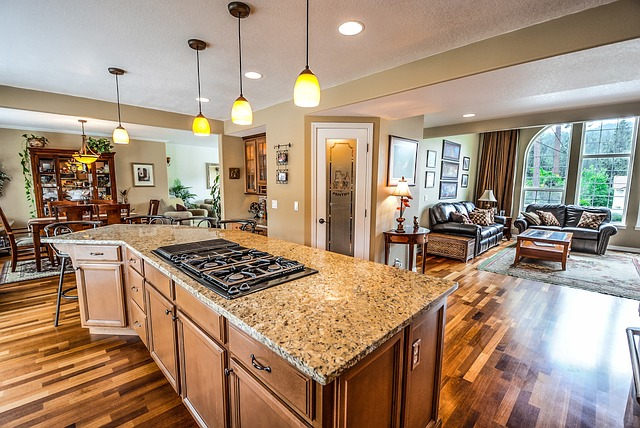
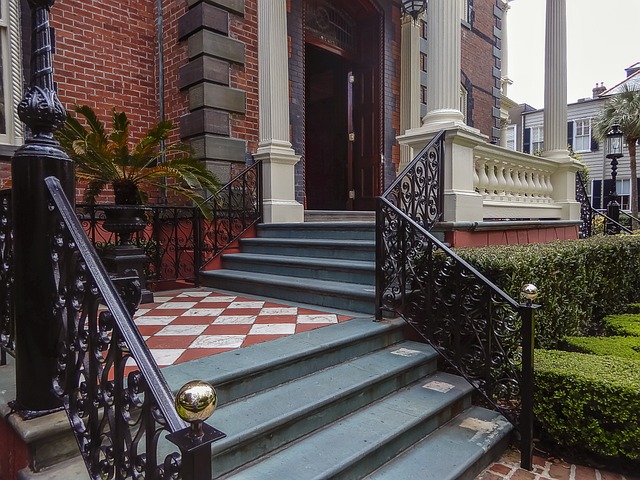
+ There are no comments
Add yours